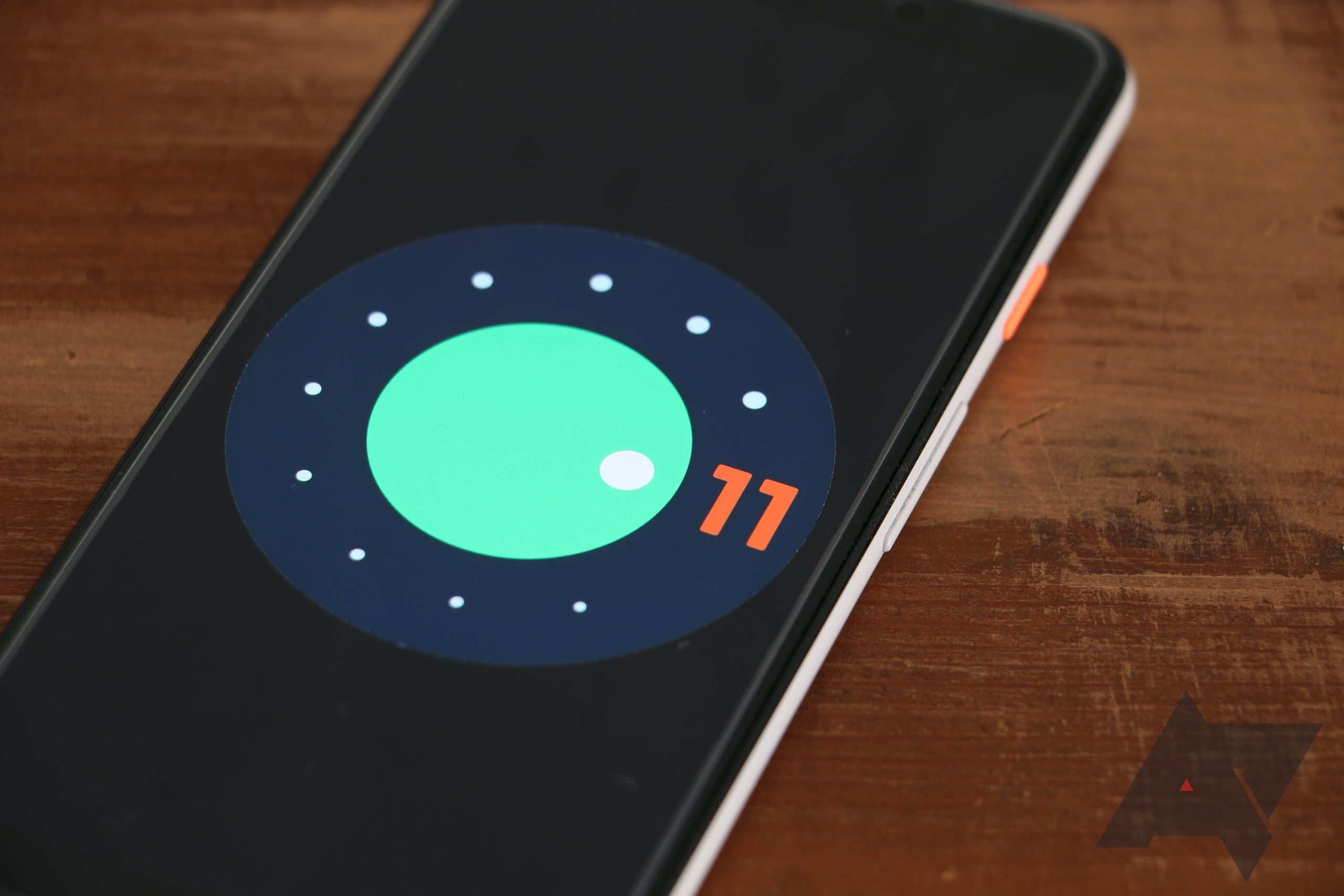When Google started testing Android 10, it quickly upset developers with far-reaching changes that would lead to broken apps once the OS would reach stable, such as Scoped Storage. That's probably one reason why the company decided to postpone the enforcement of the new file management API to Android 11, which it has just released in the form of a developer preview. To make the transition easier this time around, Google worked hard on prioritizing backward compatibility, so projects that don't target the new OS won't outright break once it's released.
Google states that while it wanted to improve Android security and performance, it also kept in mind that any changes could potentially break apps using existing APIs. That's why the company made a "conscious effort to minimize behavioral changes that could affect apps by closely reviewing their impact and by making them opt-in, wherever possible." Any likely app-breaking APIs will only become mandatory to use once developers decide to target the new Android 11 SDK with their projects.
This still doesn't mean that coders can avoid changes like Scoped Storage altogether. Google mandates that apps published on the Play Store must target an SDK no more than one year older than the current release, meaning that all applications on the platform will have to target Android 11 by the end of 2021. That's plenty of time for developers to update and test their projects against the new APIs, though.
Of course, it would be great if all apps were updated to target Android 11 right from the get-go, but with the historically slow system updates on many devices, it's no wonder developers like to postpone working with new SDKs for a while. It might not be the perfect compromise, but it should appease coders and lead to more apps working on Android 11 as soon as it's released, so everyone benefits from this strategy.

